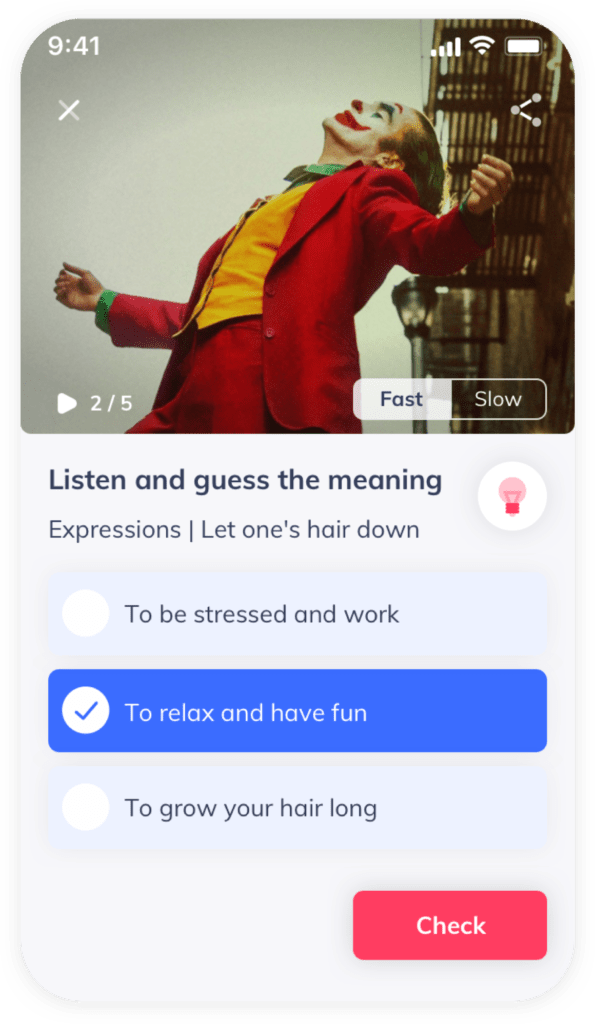Hit it off is one of several common phrasal verbs with ‘hit’. Others, which we will surely see in future posts, include:
- Hit out at somebody
- Hit upon something
- Hit back
- Hit on someone
Hit it off Meaning
Because this common English phrasal verb contains the word ‘Hit’, it might surprise you to learn that it has a very positive meaning. If you hit if off with someone, it means you like each other immediately.
Example sentences
- We immediately hit it off and discovered we had lots of shared interests.
- Not long after we met, the four of us hit it off and couldn’t stop talking

Origin
This common phrasal verb goes back to the 1780s. In fact, there was an earlier version, hit it, from the 1600s. In Old English hit actually meant ‘meet’. Then with the passing of time hit came to mean strike.
Synonyms
- To get on
- To get along (like a house on fire)
- To take to each other
- To connect
- To see eye to eye
Usually in the past tense
As we are referring to the first time you meet someone, hit it off is usually used in the past tense.However, you could also say to two people who have just met at a party, for example: ‘You two are really hitting it off‘
Antonym
If you don’t like each other when you first meet you could say that you got off on the wrong foot. We can also use the negative form ‘We didn’t really hit it off‘
Video!
Here’s a video to help you better remember this new phrasal verb.
You guys seem to be hitting it off
So next time you meet someone and you both like each other from the start, you can use today’s phrasal verb. By incorporating and using new vocabulary in English conversation, you’ll feel much more confident when you’re talking to native speakers.









